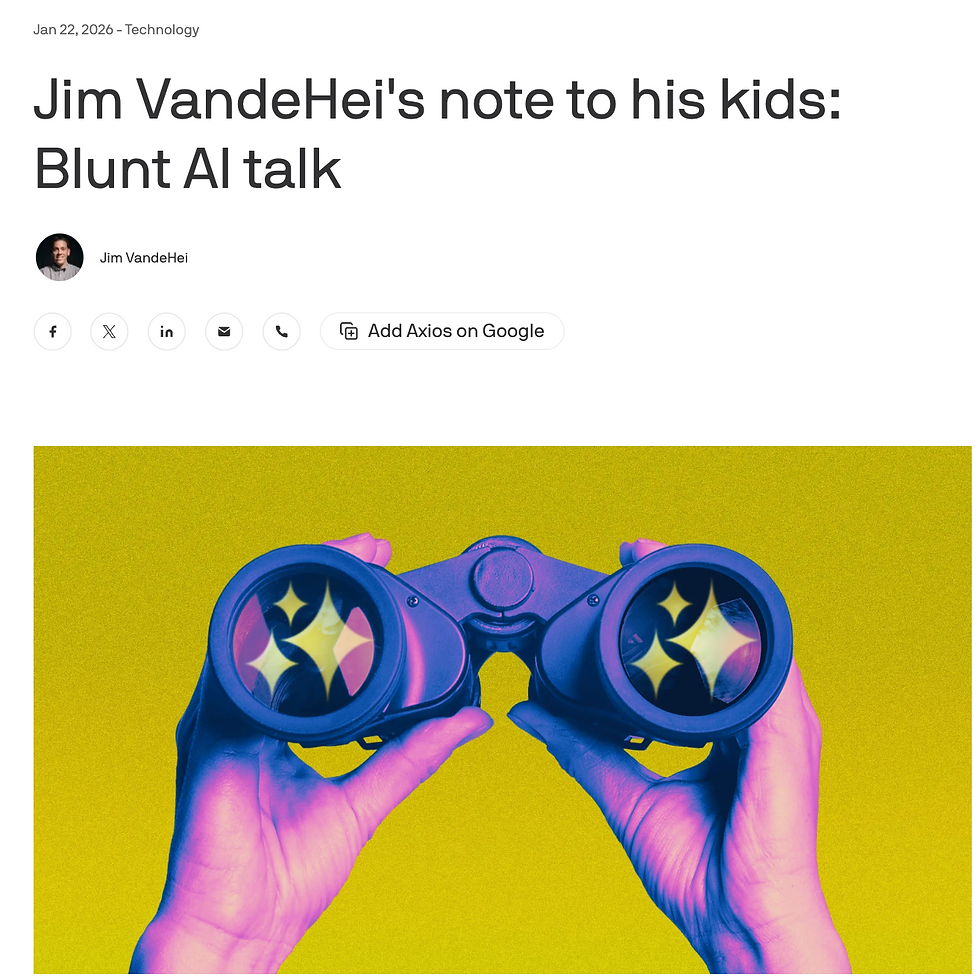Speculation and Holding Two Truths
- Conrad Pearlman

- Oct 26, 2025
- 1 min read
Andrew Ross Sorkin stands out as a no baselines thinker because he examines finance and risk through logic that resists conventional thinking. In 1929: The Greatest Crash in Wall Street History and How It Shattered a Nation, he argues that speculation, often portrayed as a destructive force, is also the mechanism that builds new worlds. He holds two truths at once: speculation creates progress, and speculation can destroy it.
Sorkin reminds readers that there is no innovation without speculation. Every leap from railroads to electric vehicles, from the internet to artificial intelligence, began as an act of belief against probability. To bet on something unseen is the foundation of discovery. Yet that same instinct, left unchecked or fueled by borrowed money and lack of transparency, leads to collapse. The crash of 1929 was not proof that speculation is wrong; it was proof that speculation without structure is dangerous.
The strength of Sorkin’s argument is its balance. He rejects both the cynicism that equates risk with greed and the optimism that treats markets as self-correcting. Responsible speculation, he suggests, is not a contradiction but a necessity. It is how capitalism refines itself and how societies advance without losing discipline.
1929 is a no baselines book to read, and Andrew Ross Sorkin is a no baselines thinker to follow, a writer who shows that progress depends on holding two competing ideas, the danger and the necessity of speculation, and understanding both.




